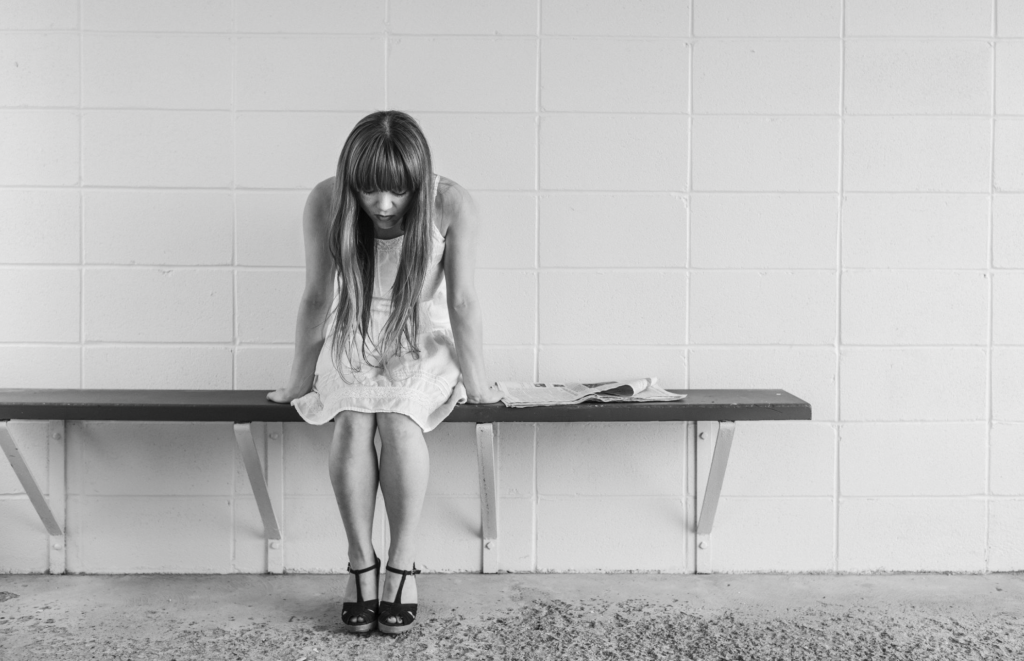Depression is a common but serious medical illness that negatively affects your feelings, thoughts, and behavior. Feelings of sadness and hopelessness characterize depression; you may also lose interest in activities you once enjoyed. However, depression San Diego is different from the usual mood fluctuations or temporary emotional responses to everyday challenges. Depression can become a severe health condition if recurrent or symptoms range from moderate to severe. The good news is that depression is among the most treatable mental disorders, with about 80-90% of people with depression responding well to treatment.
Symptoms and patterns of depression
Depressive episodes usually involve feeling sad, irritable, and empty; you may think that life has lost its meaning. During a depressive episode, a person loses pleasure or interest in activities for most days almost every day for at least two weeks. Other symptoms include difficulty concentrating, suicidal thoughts, low self-worth, feelings of excessive guilt, fatigue, changes in appetite or weight, and disrupted sleep.
Some people may express their mood changes in bodily symptoms such as fatigue, pain, and weakness; these symptoms don’t stem from another medical condition. Depressive episodes usually affect your life, including family, education, and occupation.
A depressive episode can be categorized as mild, moderate, or severe depending on the symptoms’ number, intensity, and impact on an individual’s functioning. Below are different patterns of mood disorders.
- Single episode depressive disorder. It is the person’s first and only episode
- Recurrent depressive disorder. Here, an individual has had at least two depressive episodes in the past.
- Bipolar disorder means that an individual experiences depressive episodes and manic symptoms, including increased energy, euphoria or irritability, talkativeness, racing thoughts, impulsive, reckless behavior, and increased self-esteem.
Treatment for depression
Before treatment, healthcare professionals conduct a thorough diagnostic evaluation to ensure depression is not due to medical conditions like thyroid problems and vitamin deficiencies. Diagnosis may include an interview, physical examination, and blood tests. If depression is due to an underlying medical problem, treating the condition may be enough to alleviate the depression-like symptoms. Depending on the severity and pattern of depressive episodes, your healthcare professionals recommend:
Medication
Brain chemistry may contribute to an individual’s depression; therefore, specialists prescribe antidepressants to modify brain chemistry. These medications are not habit-forming and do not have any stimulating effect on people who don’t have depression. You may notice some improvements within the first one or two weeks of use, but you need to take these drugs for two to three months for maximum benefits.
If there are no improvements after several weeks, your provider may alter the dose or substitute another depressant. In some cases, specialists prescribe psychotropic medications. If you experience side effects or no improvements, inform your doctor.
Psychotherapy
Psychotherapy, also known as talk therapy, can be used as a sole treatment for mild depression. If you have severe depressive episodes, you may need psychotherapy and antidepressant medications. Psychotherapy may involve an individual or can include other people with a similar illness.
Sometimes depression may not respond to antidepressants and psychotherapy, so your specialist may recommend electroconvulsive therapy, which involves brief electrical stimulation of the brain.
If you experience depressive episodes, help is available. Visit your specialist at MindSet for diagnosis and treatment to overcome depression.

